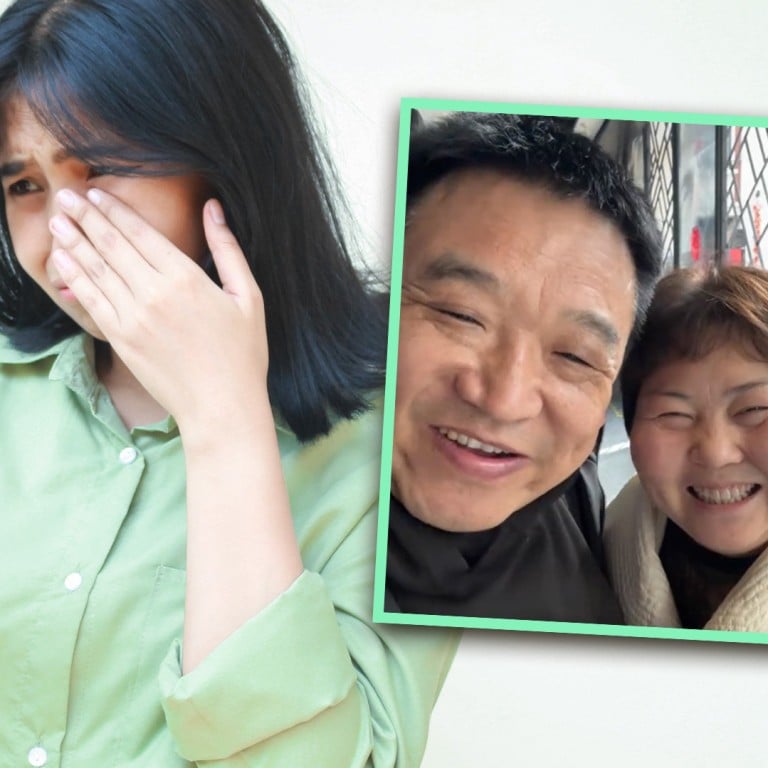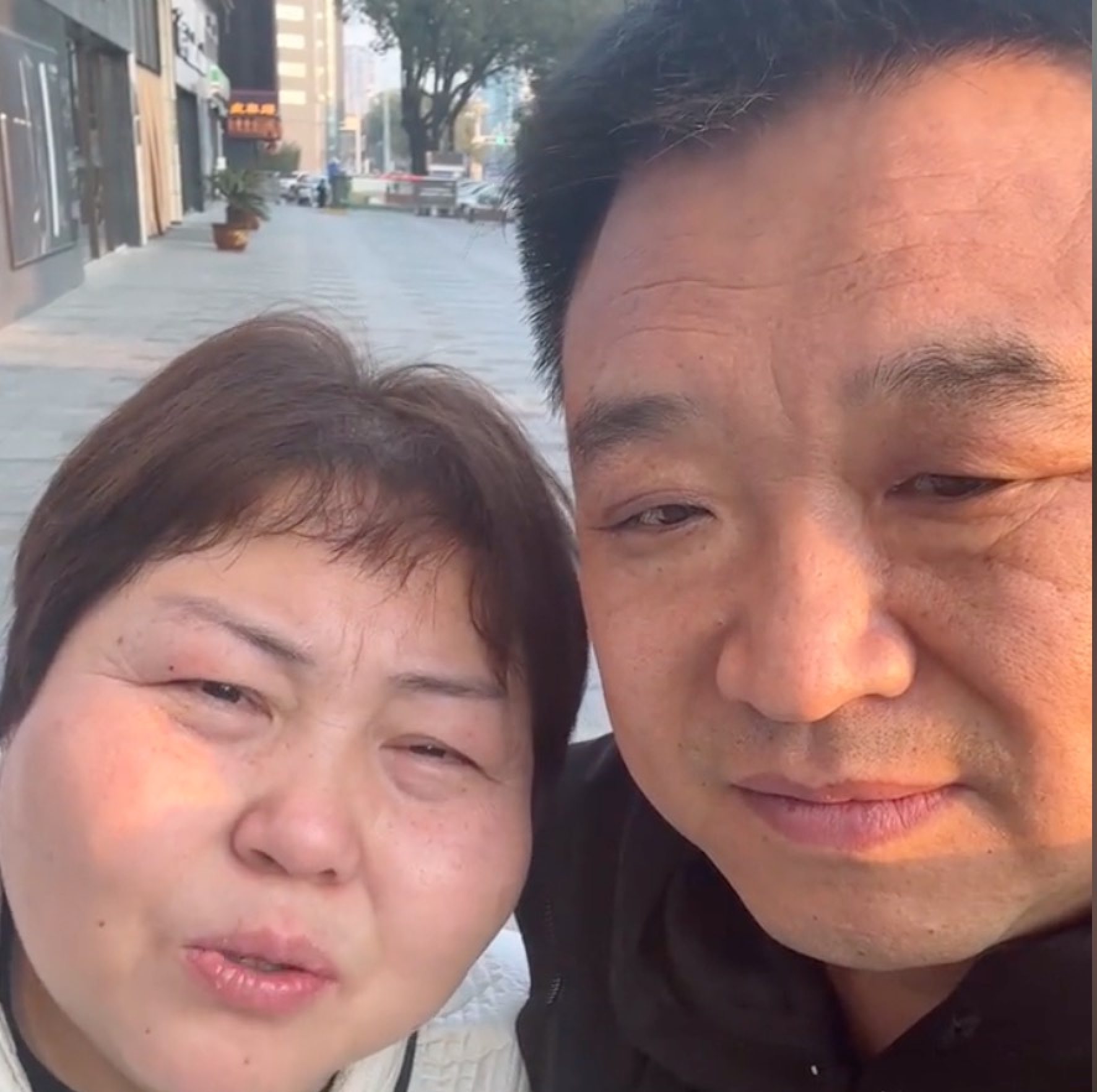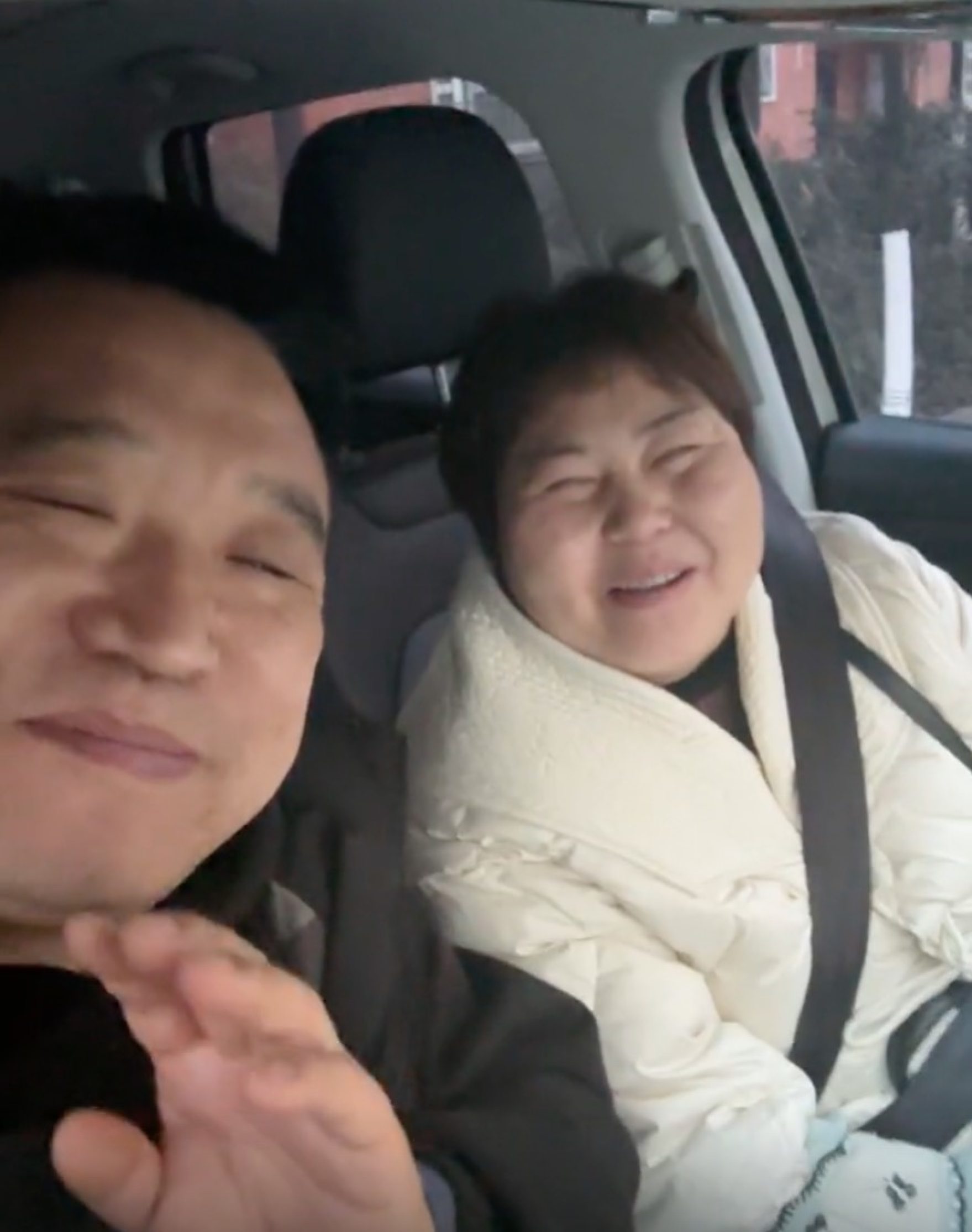
Young Chinese from loveless families find solace in ‘digital parents’ who treat them like their own, showing care, sharing daily activities online
- Online couples pose as caring parents, treat strangers as their children
- Unloved youngsters take work, study problems to cyber mums and dads
Young people in China who grew up in loveless families have found a new welcoming home online, thanks to a group of social media accounts that act as volunteer “digital parents”.
A Douyin account using the name @Henverfenxiangrichang, translated in English as “sharing daily life with daughter”, has amassed 1.2 million followers in less than six months.
In a range of videos, a smiling, middle-aged couple share their daily activities and tell their followers – whom they affectionately address as “daughters and sons”– to not worry and stay happy and healthy.
On one occasion, they imagined their “children” were feeling unhappy about their studies or work and tried to encourage them with pep talks, or pretend to have transferred them money to reassure them.

The videos appear to be nothing more than an ordinary video call between parents and children, but they attracted many to interact with the account in the comment section.
One person said to the digital parents: “Dad, mum, I turned 18 today.”
Another told them she was just asked out by a boy, while another complained to them about their real-life parents, whom they referred to as “cousin parents” – while calling the digital parents “mum and dad”.
A university student using the name Xiaofu, told the mainland media outlet Sina News that she was addicted to the account, which “teaches me something my parents ought to have taught me, and tells me something I want to hear from my parents”.
Xiaofu said she used to suffer from domestic violence at the hands of her father.
According to a 2018 Unicef report on China, 26.6 per cent of children under 18 suffered from physical abuse, 19.6 per cent emotional abuse, and 26 per cent parental neglect.
The videos’ protagonists are a couple in their 50s from northwestern China’s Shaanxi province. They used to run a wedding photography studio, and now live off advertisements and e-commerce sales on Douyin.
They are just one of many emerging social media accounts that operate as digital parents.
Another is a Xiaohongshu account, @Xiaolinmama, who teaches housework and calls herself “mum”.
Another well-known “digital father” is the Xiaohongshu account, @Shiyueershiqiri.

It claims to be a middle-aged single father of a secondary school girl, and posts many details of how he respected his daughter’s habits and life choices, moving many online.
On February 23, the account disappeared overnight for no apparent reason.
Some people speculated that the persona and stories were all made up, and the person behind the account feared the fame might cause them trouble.
On mainland social media, many people also got together with “digital parents” to seek advice and comfort.
Some posters said they did not feel close enough to their parents, while others said they simply did not want their parents to worry about them.

